Introducing a New Interior Style: Chinoiserie
Where East Meets West in Imagination
Today, we’re opening the doors to a style full of storytelling, history, and visual poetry: chinoiserie. Rooted in European dreams of the Far East, chinoiserie is an ornate, theatrical interpretation of Chinese art and aesthetics—filtered through Western eyes.
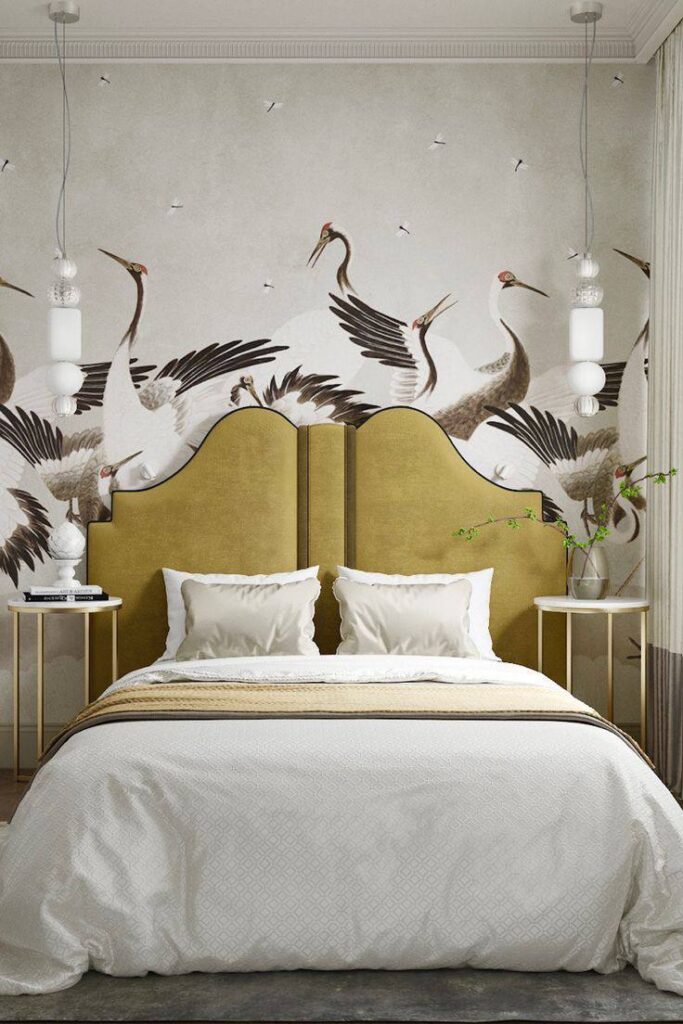
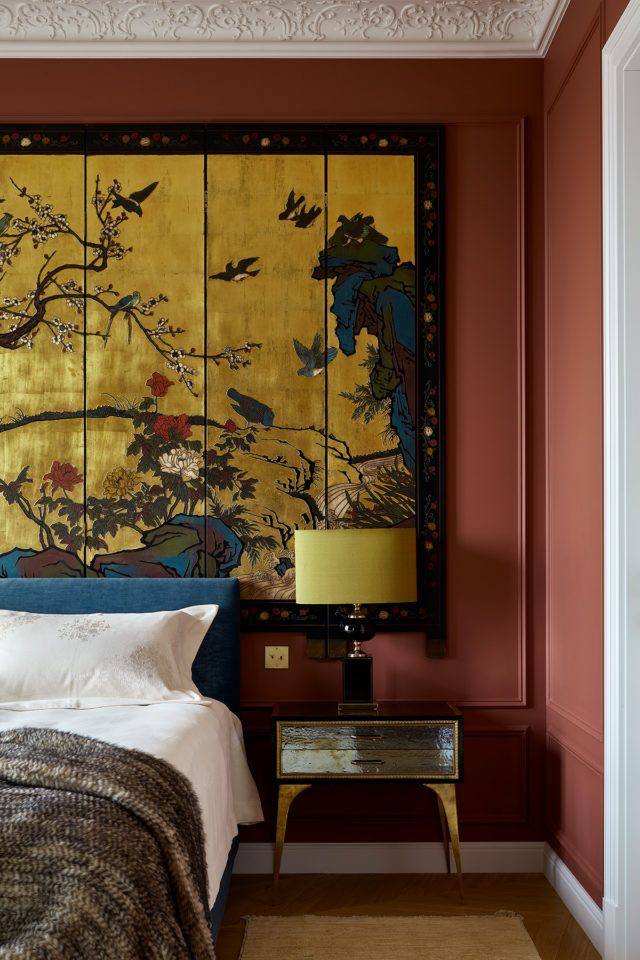
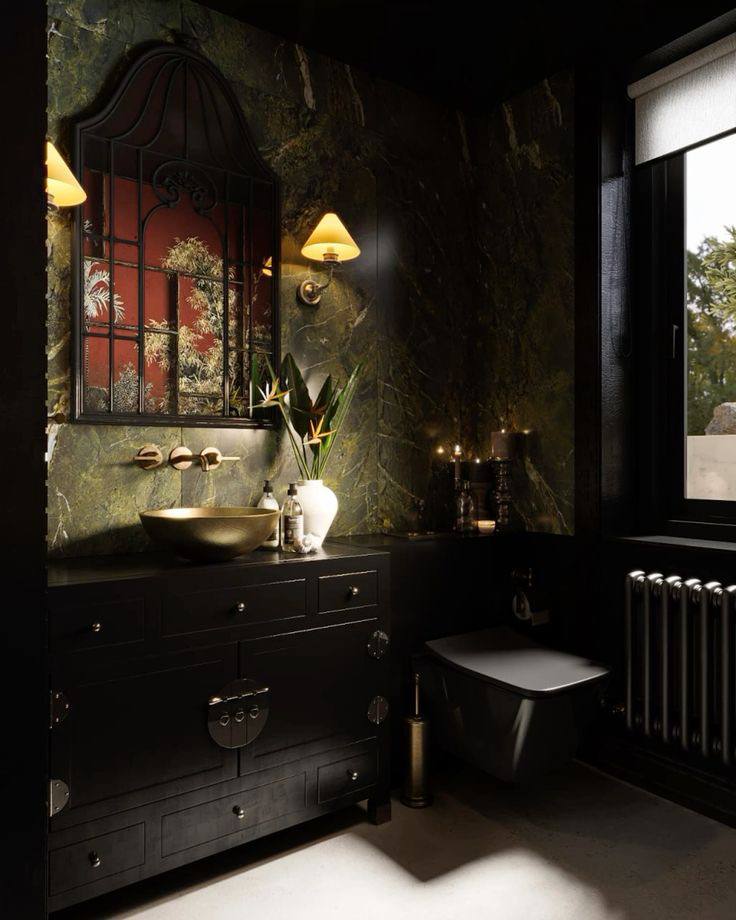
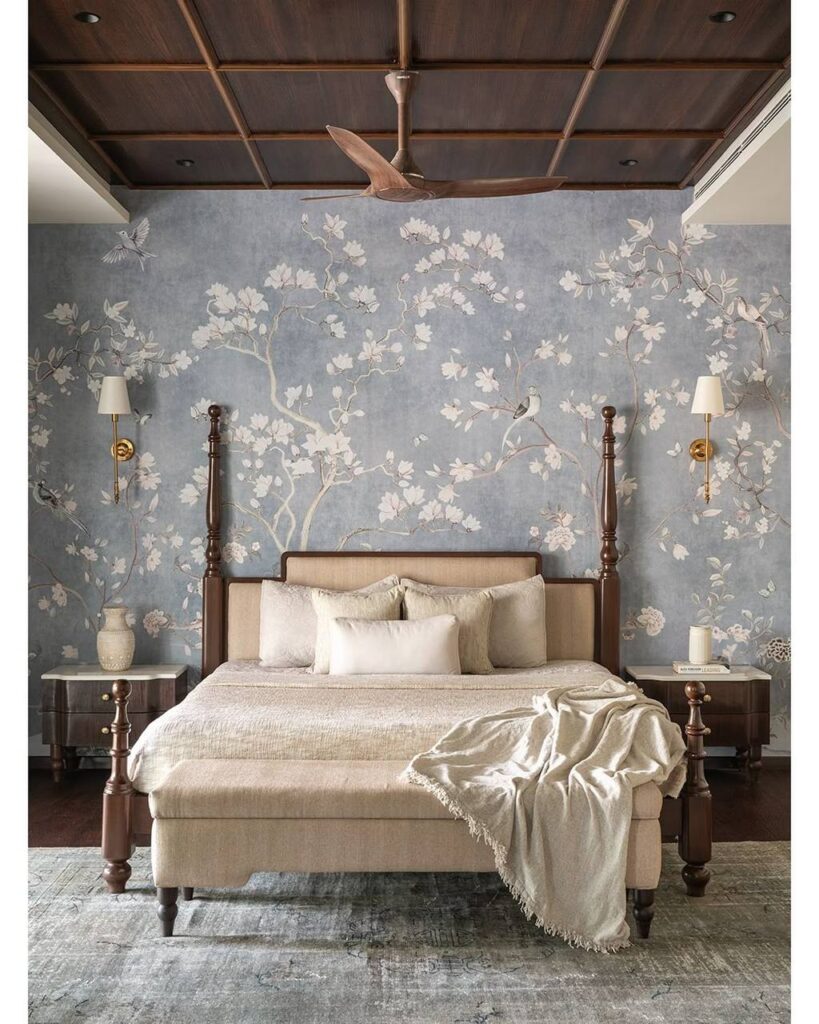
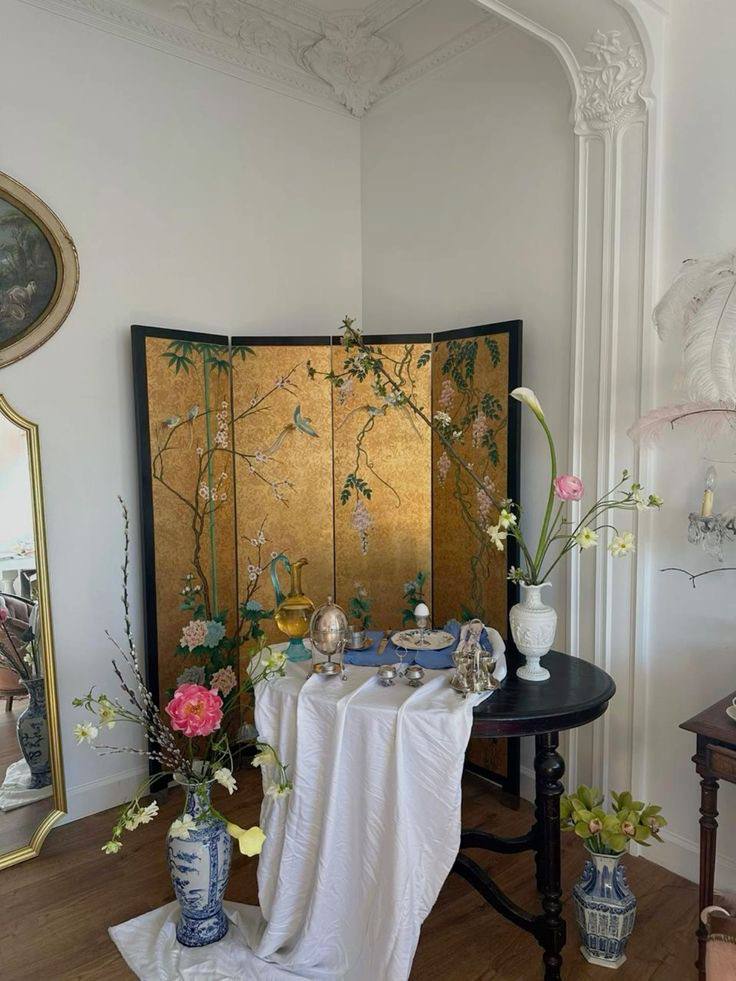
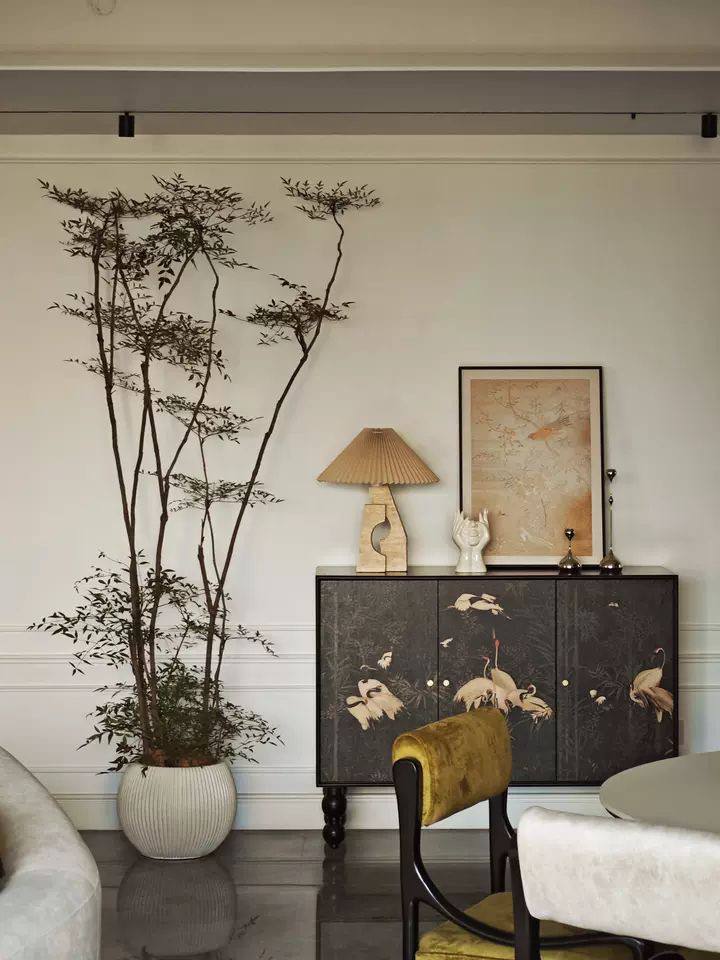
A Style Born in the 17th Century
Chinoiserie first gained popularity in the early 1600s, when the East India Company began importing exotic goods from Asia into Europe. Europeans were fascinated by what they saw: delicate porcelain, carved wood, silk screens, lacquered furniture, and fine prints. These items were expensive and rare—accessible only to aristocrats and collectors.
As a result, chinoiserie decor often appeared alongside grand classical interiors: gilded mirrors, marble fireplaces, and ceiling frescoes. It was a blend of cultures—sometimes accurate, often fantastical—that added an air of mystery, sophistication, and luxury to elite homes.
What Defines Chinoiserie Today?
While its origins are historical, chinoiserie still finds its place in modern interiors. Here are a few key elements that define this style:
- Decorative screens and panels with landscapes or birds
- Blue-and-white porcelain vases and dinnerware
- Pagoda motifs and lacquered finishes
- Botanical prints, especially peonies, cherry blossoms, and bamboo
- Rich color palettes: deep greens, blues, reds, and golds
Used thoughtfully, chinoiserie can add drama and elegance to a room—whether it’s a feature wallpaper, an accent cabinet, or subtle ceramic details on a shelf.
From Palaces to Apartments
What once decorated the salons of European nobility is now making a quiet return in contemporary homes. Designers are embracing chinoiserie not just for its historical charm, but for the whimsical, almost magical quality it brings. Paired with modern furnishings or vintage finds, it can feel timeless, romantic, and refreshingly unique.
What Do You Think?
Do you enjoy chinoiserie’s charm and eccentricity? Could you imagine it in your own space—perhaps as a wallpaper behind the bed, or in the form of antique porcelain on your bookshelf?
Share your thoughts in the comments—do you love this blend of cultures, or prefer a cleaner aesthetic?
Image Credit: Моя квартира

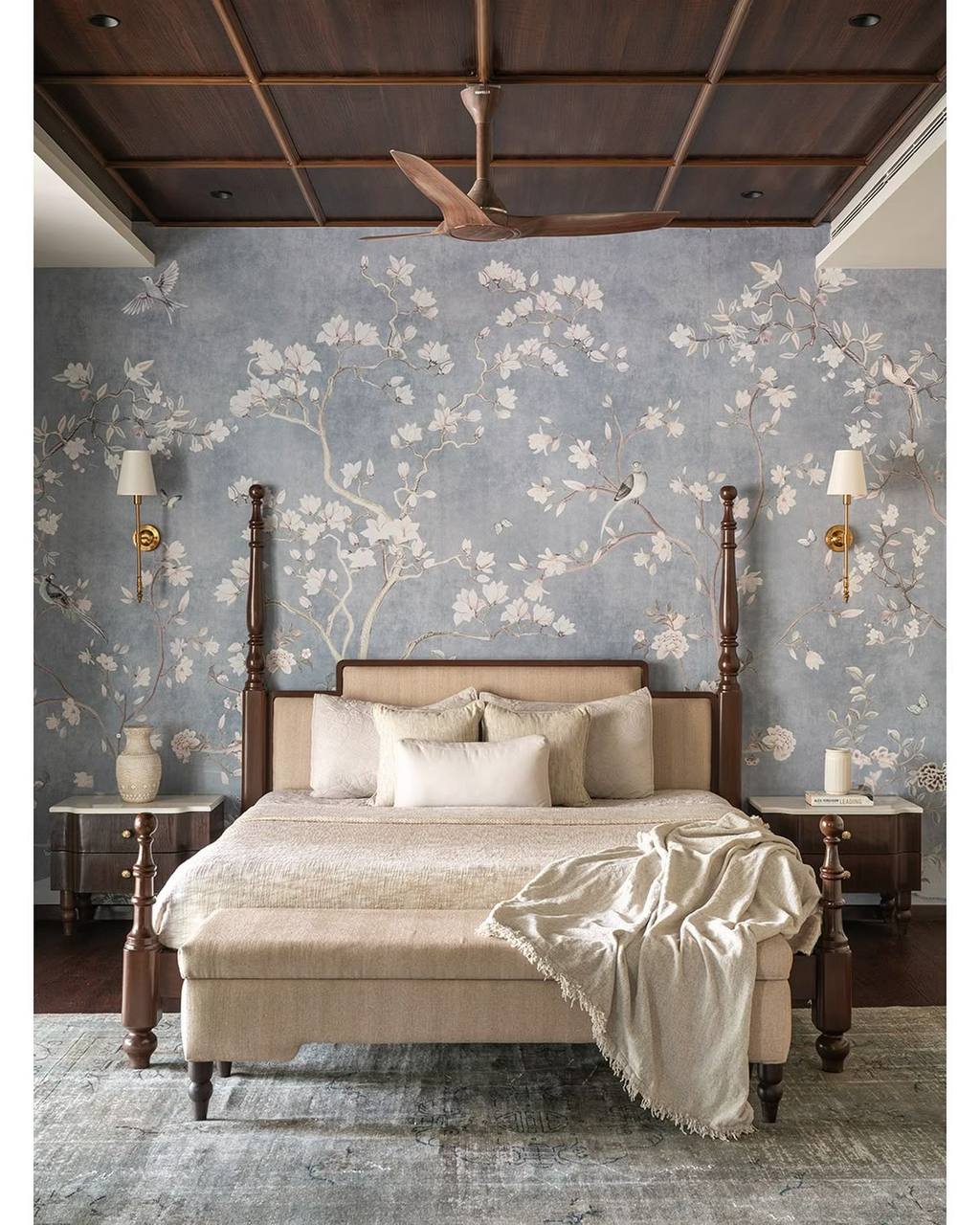
Leave a Reply